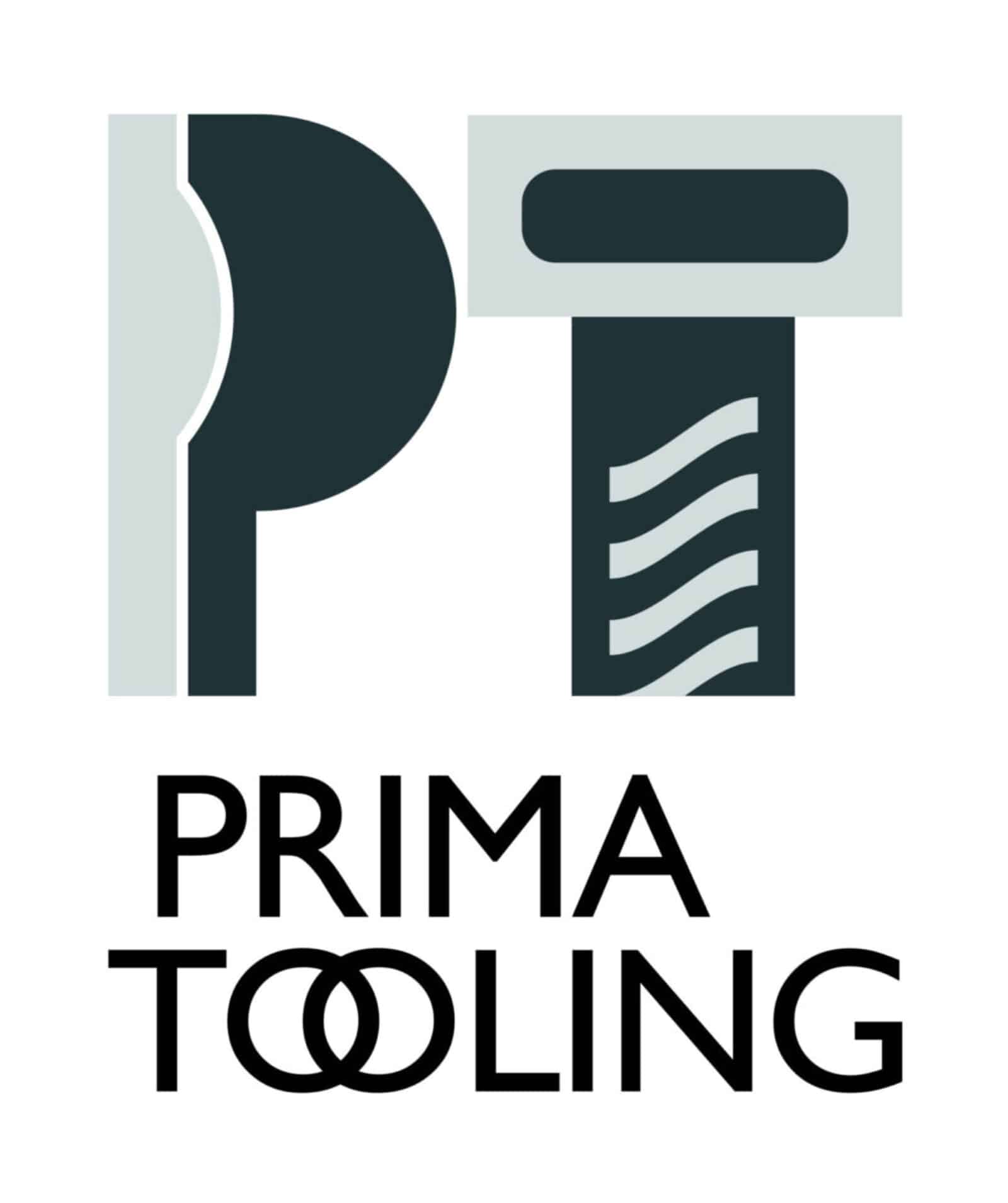Carbides are fascinating compounds, revered across many industries for their strength, conductivity, and versatility. Compounds are combinations of more than one element to produce a chemical compound that enjoys enhanced features when compared to its individual ingredients. Carbides are compounds formed with carbon as a main element, usually combined with a metal. There are a wide range of carbides, each suited for a particular task due to its properties. Metals that are commonly used to form carbides include chromium, titanium, tungsten, and zirconium. Non-metallic carbides are less common, but examples like silicon carbide and calcium carbide are synthesized for specific uses due to their unique properties.
Carbides are usually formed under great pressure and at extremely high temperatures of over 1500°C, and the final compound produced usually enjoys a high level of stability and incredibly high melting points. This is due to the distinctive chemical bonds formed within carbides, known as covalent bonds. Covalent bonds occur when pairs of electrons are shared between atoms, creating an incredibly strong connection.
Carbide in CNC Tooling
Although many different carbides exist, in the world of tooling and machining what is referred to simply as ‘carbide’ is always tungsten carbide. Tungsten carbide is an unbelievably tough material, formed from the substances with two of the highest melting points on earth. Pure tungsten is the metal with the highest melting point at 3414°C, while carbon is the element with the overall highest melting point on the periodic table, at 3550°C.
Tungsten carbide actually has a slightly lower melting point than either of its individual elements, but the bond between them produces a stronger, less brittle material that is ideal for the cutting and shaping of softer materials. Nevertheless, tungsten carbide still enjoys an incredible melting point of 2870°C, allowing it to withstand the huge pressures and temperatures involved with industrial machining and tooling.
These amazing properties have led to the wide popularity of tungsten carbide within the tooling industry, and it is commonly used to craft milling cutters. Carbide end mills can be used to cut and shape all manner of materials from hard woods to ferrous and non-ferrous metals, and composite materials.
